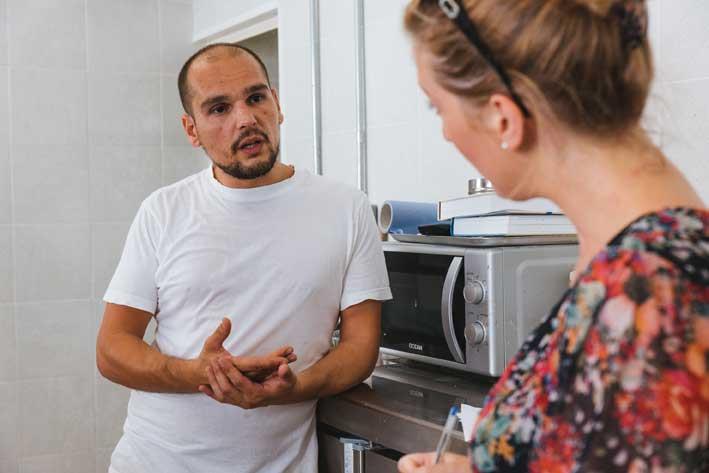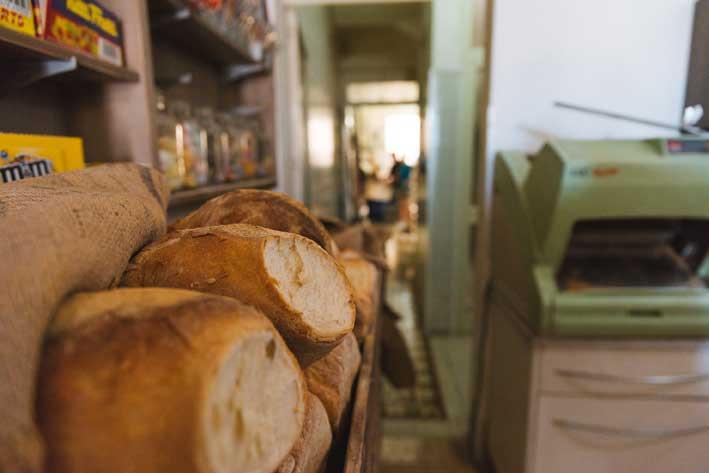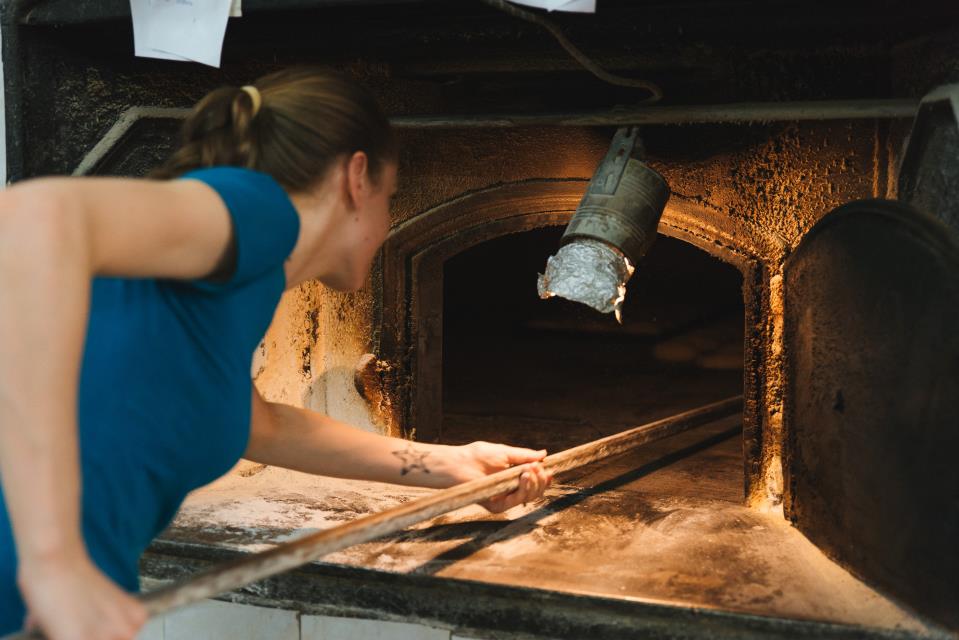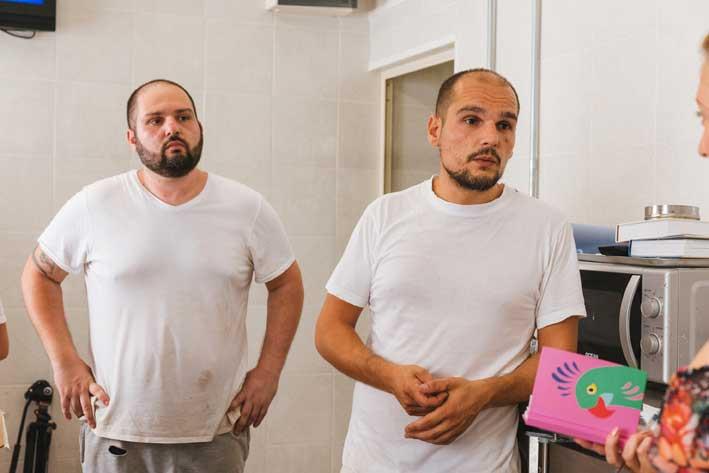As you walk down the narrow winding street streets of Qormi, the wonderful aroma of freshly baked bread fills the air. The town is synonymous with Malta's fresh hobza and traditional baking history.
"There's not half as many bakeries around here as there used to be, more and more close each year," laments local baker Matthew Mangion. The industry in Malta has seen its fair share of challenges over the years. Matthew, like his father and grandfather before him, runs Emanuel's Bakery in Qormi.
The bakery's oven has been going strong 24 hours a day for over 80 years. Nine employees, who are all related, work at the shop, all related, with their ages ranging from 18 to 70 years. Most have been working at the bakery from a very young age. The team produces over 1,000 loaves of Maltese bread every day, supplying shops and hotels.
"We had to branch out to hotels and restaurants in order to survive. Years ago, I remember my father doing a bread delivery in Attard. Back then, bread was eaten with every meal and people bought fresh bread every day. I remember one old lady who lived alone; she always bought four loaves every day - I always wondered what she did with all that bread.

People are far more health-conscious these days and our eating habits have changed he observes.
As we step into the bakery mid-morning, the sun is blistering hot outside and the bakery is what can only be described as an inferno. But none of the team is so much as breaking a sweat.
"Our bodies have adapted to working in this heat over the years," Matthew's brother Mark says. The pair agrees that one of the main challenges they face are finding staff: "Nobody is prepared to put in 12-14 hour shifts, night or day for the money bakers make."

From the outside looking in, it can certainly be seen as gruelling work; being a baker is anything but easy. Bakers spend almost 13 hours a day at work standing, as well as lifting heavy sacks of flour in the scorching heat.
"The support of our families is indispensible. They have to support us when we work nights, at weekends and public holidays. They have to get used to us going to bed at six in the evening, or falling asleep at the table during lunch."
It is clear the Mangion family are incredibly passionate about the trade. Matthew has travelled extensively, learning how to refine his craft from fellow bakers across Europe.

"Bread making is an art, and there are no boundaries, Matthew says. Matthew has bought back creative techniques and artisan breads to Malta thanks to his travels. The bakery is trying to keep up with current trends in sourdoughs and rye breads.
One key challenge bakers across Malta have faced in recent months is the increases in prices. Not only are customers paying more for loaves, but baker's costs for wheat and flour have also gone up significantly.
"Prices didn't change much for about six years, but unfortunately all costs are increasing - our overheads, expenses, bills and salaries for staff," Matthew explains. Bread that is mass-produced in Malta as well as imported bread has seen a sharp rise in popularity.

Foreigners are particularly fond of the bakery: "We've had tourists taking loaves back home with them. Tourists think Maltese bread is the best they have tasted."
What is Matthew's advice for spotting a good loaf? "A good traditional loaf should be cracked and crusty on the outside, the inside should be light and fluffy with big and small holes. The best way to store it is to take it out of its plastic packaging and wrap it in a tea towel."

Photos and video by Alenka Falzon